20 Bad Financial Habits That Drain Your Bank Account
Effective personal money management is essential for stability and financial well-being. Nonetheless, a lot of people unwittingly adopt behaviors that gradually deplete their finances.
These are 20 bad money habits that can seriously affect your financial health, along with ways to break them.
Ignoring High Interest Rates

Your money can be drained if you have balances on high-interest accounts, including credit cards or payday loans. Make paying off high-interest debt your top priority if you want to lower your interest costs. To reduce interest rates, think about debt consolidation. Effective debt management eases financial burden and frees up funds for other purposes.
Avoiding Financial Education

Making bad financial decisions might result from not taking the effort to educate yourself about personal finance. Take the time to educate yourself on saving, investing, and budgeting. Consult financial experts, read books, and enroll in online courses. Having a solid understanding of finance enables you to make wise choices and enhance your financial well-being.
Purchasing New Rather Than Used

It can be expensive to automatically purchase new goods rather than taking into account reconditioned or used alternatives. Seek out high-quality used goods, particularly for electronics, furniture, and automobiles. Finding used items in good condition is made simpler by websites and applications. Purchasing secondhand can result in significant cost savings without compromising quality.
Using Discounts Ineffectively

You’re spending more than you need to if you don’t take advantage of sales, discounts, or coupons. Seek out sales and discounts on the things you buy frequently. To save money, make use of discounts, cashback applications, and loyalty programs. Over time, taking advantage of deals and discounts might result in significant savings.
Staying Ahead in the Competition

Attempting to live up to others’ lifestyles can result in wasteful spending. Instead of comparing yourself to others, concentrate on your financial requirements and ambitions. Make a budget that reflects your priorities and values. Keep in mind that appearances can be deceiving and that material stability is more significant than appearances.
Ignoring Routine Maintenance

Costly repairs or replacements may result from neglecting routine maintenance on your house, vehicle, or equipment. Plan regular maintenance to avoid more serious and costly issues. Check and maintain your home’s systems, appliances, and automobile regularly. Because preventive maintenance prolongs the life of your assets, it ultimately saves money.
Not Planning for Major Purchases

Unplanned, expensive purchases might put a burden on your finances. Instead of using credit to pay for expensive products, save money in advance. Before purchasing, do your homework and compare costs. To save money, think about purchasing reconditioned or used goods. Major purchases will stay inside your budget if you plan.
Using Convenience Services Too Much
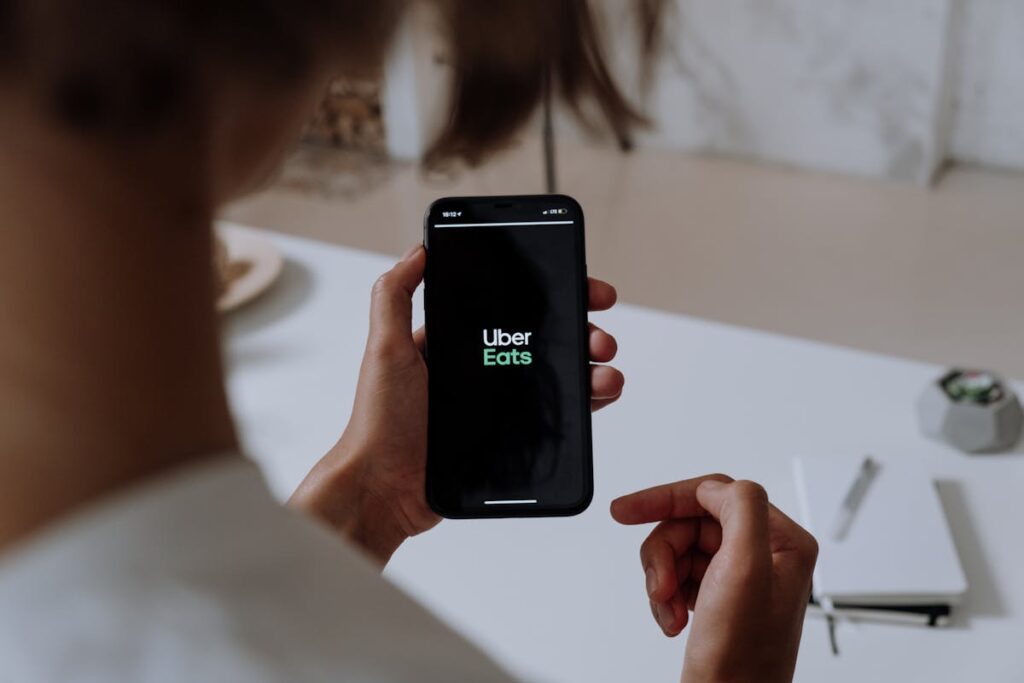
It can add up rapidly to rely too much on convenience services like ride-sharing or meal delivery. Use these services sparingly and look for less expensive options. Cook at home and, if you can, take public transit or carpool. Use of these services should be limited because convenience is frequently expensive.
Neglecting Retirement Savings

Financial problems later in life may result from failing to save for retirement. As soon as you can, begin making contributions to a retirement account. Benefit from matching contributions and employer-sponsored retirement programs. For retirement, try to save aside at least 15% of your salary. Your investments will have more time to grow if you start early.
Excessive Insurance Spending

Excessive insurance premiums might put a strain on your finances. To be sure you’re receiving the best rates and coverage, evaluate your insurance policy regularly. Investigate and contrast quotes from various suppliers. To save money, think about combining your insurance plans. You can save money by ensuring that your coverage is sufficient but not overly extensive.
Making Use of Payday Loans
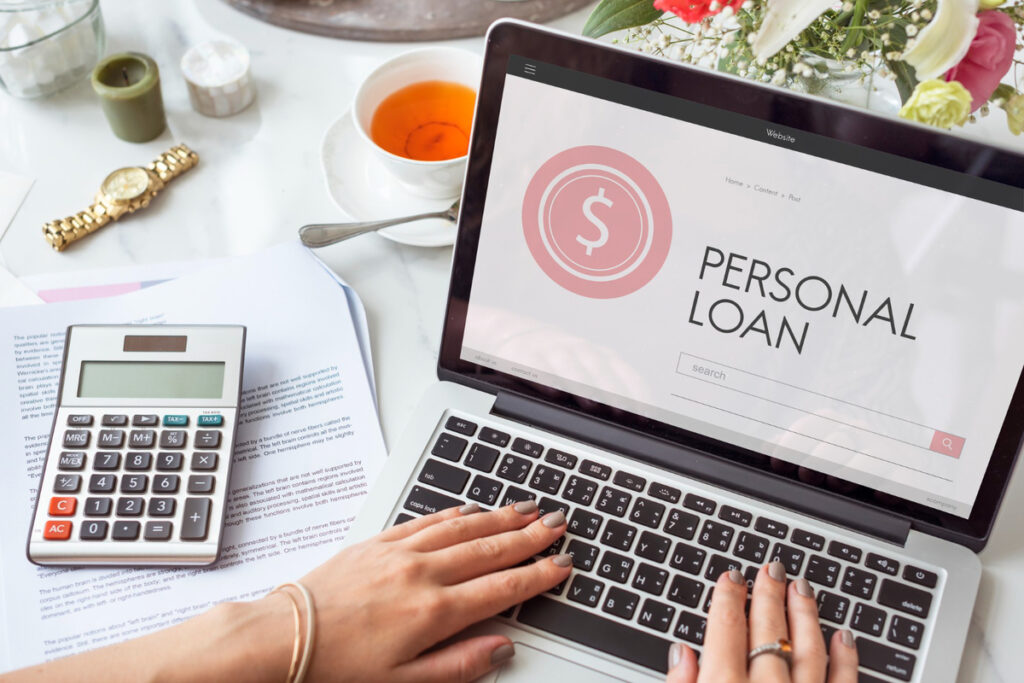
Payday loans are an expensive form of borrowing that frequently have exorbitant interest rates. These loans have the potential to keep you in a debt cycle. Investigate other choices, including taking out a loan from friends, family, or a credit union. To prevent the need for such loans in the future, concentrate on creating an emergency fund. Because payday loans are so expensive, they ought to be used as a last resort.
Purchasing Name Brands

Choosing name-brand products over generic ones can drive up costs needlessly. Store-brand or generic goods are frequently less expensive while maintaining the same level of quality. Examine the quality and ingredients of brand-name and generic products. The generic versions may be on par with or even superior to the branded ones.
Not Making Use of a Budget

It’s simple to overspend when you don’t have a budget. You may divide your money between savings, essentials, and discretionary spending with the aid of a budget. Make a monthly spending plan and follow it. Track your expenditure and adhere to your spending limitations by using apps and budgeting tools. A carefully thought-out budget is necessary for financial self-control.
Paying for Unused Subscriptions
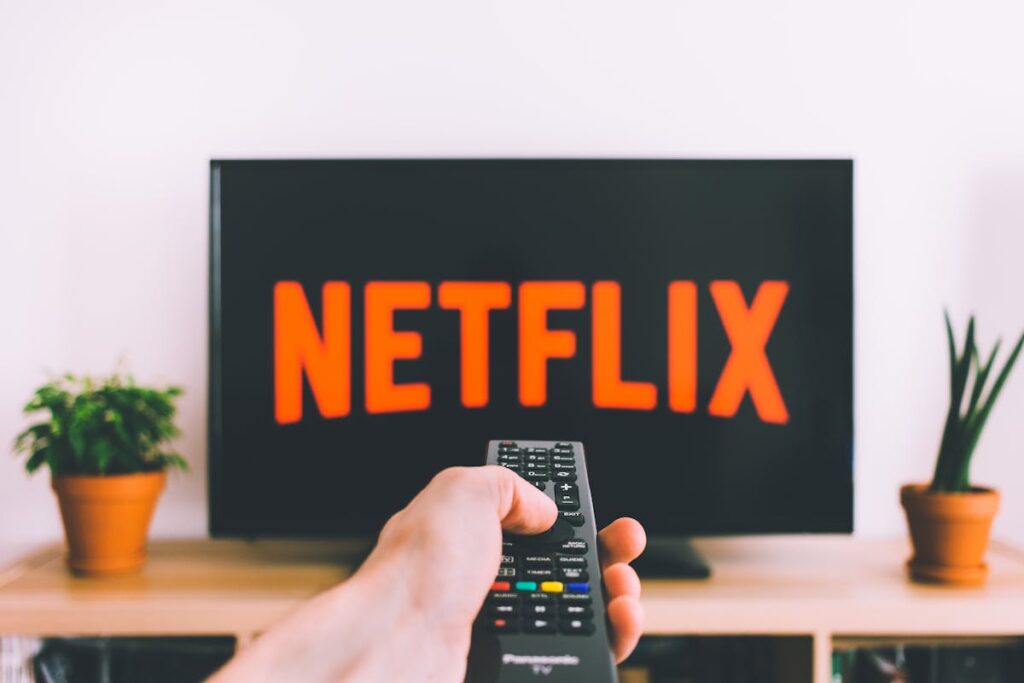
From gym memberships to streaming services, many people pay for subscriptions they never use. Examine your subscriptions on a regular basis and terminate any that you are not using. Over time, even modest monthly costs mount up. To keep track of and control these costs, think about utilizing subscription management tools.
Ignoring the Need to Shop Around

Overspending might result from not comparing prices before making purchases. Whether you’re buying groceries, insurance, or expensive things, take the time to compare prices. To get the greatest deals, use applications and websites that compare costs. Over time, this practice can save you a substantial sum of money.
Disregarding Savings

You risk being unprepared for future bills and emergencies if you neglect to save money. Establish a monthly automated deposit to your savings account. At least 20% of your income should be saved. When unforeseen costs occur, having a designated emergency fund might help you avoid using credit cards or loans.
Frequently Eating Out

Eating out regularly may be very expensive. When compared to preparing at home, eating out soon becomes more expensive. To save time and money, plan your meals and prepare them ahead of time. Instead of eating out frequently, save it for special occasions. The amount of money you can save by eating more frequently at home will surprise you.
Having Credit Card Debt
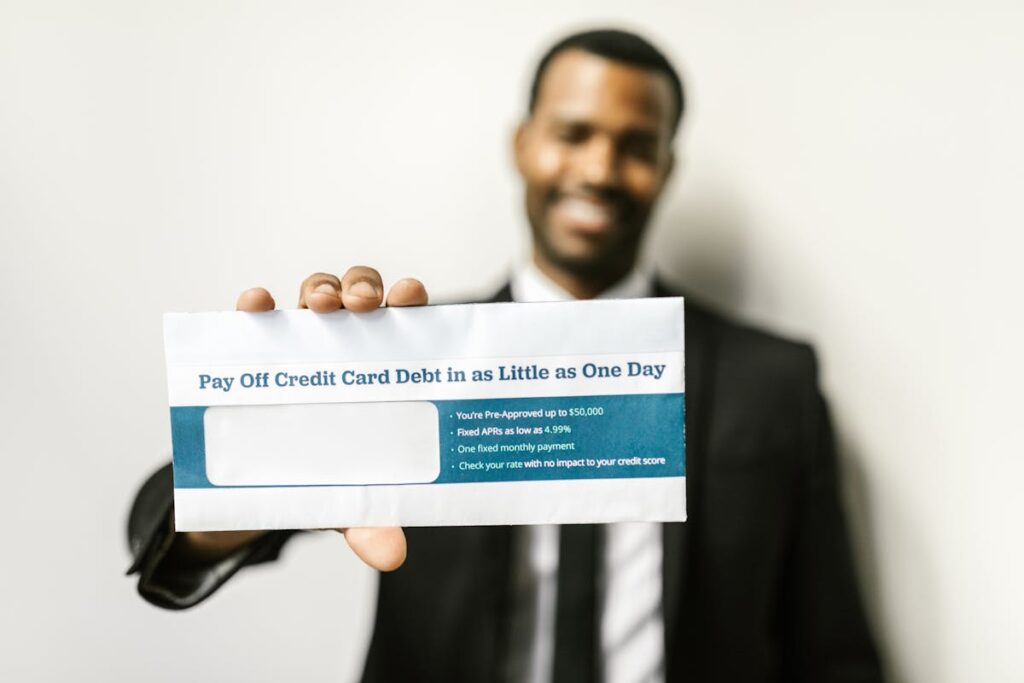
High interest rates make it easy for credit card debt to mount up quickly. When a sum is carried over from month to month, interest payments exceed the principal amount owed. Every month, try to pay off the entire amount on your credit card. Make a repayment plan and make it your top priority to pay off any debt you currently have. To reduce your interest rates, think about combining high-interest debt.
Not Keeping Track of Spending
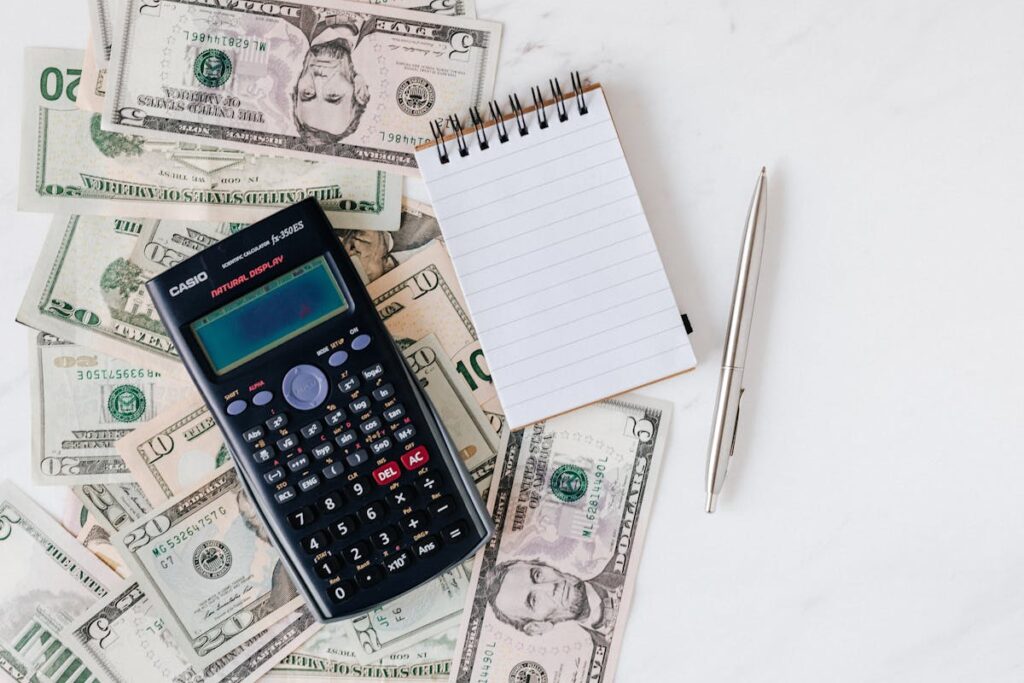
Without even recognizing it, excessive spending can result from not keeping track of spending. Keeping thorough records of all your purchases makes it easier to see where your money is going. To keep tabs on your spending patterns, use spreadsheets or budgeting tools. Examine your spending regularly to identify areas for savings. The first step to improved financial management is raising awareness of this.
Impulse Buying

Your financial account can be rapidly depleted by impulsive purchases. Rather than being a necessity, this habit frequently arises from emotional stimuli. Before you go shopping, prepare a list and follow it to reduce impulsive purchases. Avoid shopping when you’re upset since you can end yourself buying things you don’t need. Additionally, give yourself a full day before making any impulsive purchases to be sure you truly need the item.
Related: 15 Clever Hacks To Reduce That Never-Ending Grocery Bill

Managing grocery expenses can be challenging for many households, especially with rising food costs and fluctuating budgets.
However, with some creativity and resourcefulness, you can implement numerous clever hacks to reduce your never-ending grocery bill without sacrificing the quality or variety of your meals.







